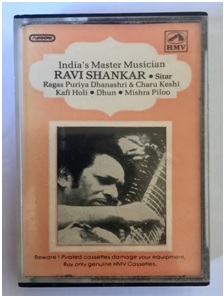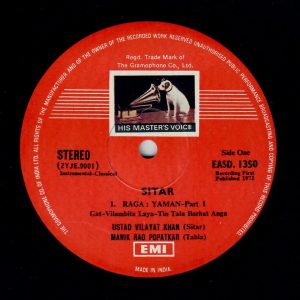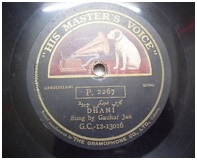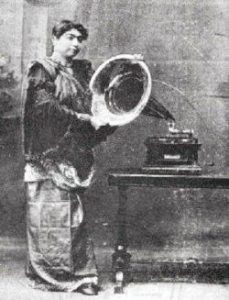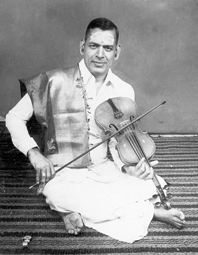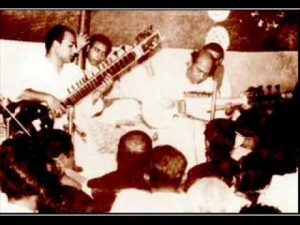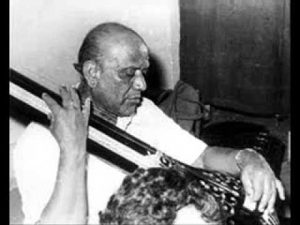| Told by | Ustd. Irfan Muhammad Khan |
| Obtained by | Prof. Sanjoy Bandopadhyay and Troilee Dutta |
| Date | 27 September, 2016 |
| Place | Residence of Prof. Sanjoy Bandopadhyay, 3/1/1D, Padmapukur Road, Kolkata 700092 |
| On Irfan Muhammad Khan | Irfan Md. Khan is an established Sarod Player. The scion of Lucknow Shahjanpur Gharana Sarod player. He represents the Lucknow-Shahjahanpur Gharana which has produced eminent Sarod players like Ustad Enayet Khan (1790-1883), Ustad Asadullah Khan Kaukab (1852-1919), Ustad Karamatuilah Khan (1848-1933), Prof. Sakhawat Hussain Khan (1875-1955), also his illustrious father Ustad Umar Khan (1916-1982) and his uncle Ustad Ilyas Khan (1924-1989) the famous Sitar player of Lucknow. |
| Key-words | Imdad Khan, Tarab strings, taraf, Puriya, haren Sheel, Sil, Kaukab Khan, Kaukabh, Marwa, Mand, Surbahar, 1910, Marwari Hospital, Jorasanko |
| Language | Hindi [also include some English and Bengali sentences.] |
Ustd. Irfan Muhammad Khan speaks:
Paraphrase:
This is an embarrassing story, a tongue in cheek situation that happened in the house of Haren Sil. It was probably 1910 or 1912. Haren Sil’s house was on Chitpur Road, near Jorasankho Thakurbari that is now famously known as Rabindra Bharati University. Haren Sil’s house was like a sanctum where legendary musicians regularly visited, so almost every day Baithakis took place.
In this Sil house, once an incident happened with Imdad Khan, the legendary Sitar and Surbahar player. Imdad khan used to tune his Surbahar in all 12 notes so that he could randomly access any Raga in a bit moment. Actually he had a very rare power to start from any note. If he could take Tibra Madhyam as his first note, then Bhairavi would come very naturally. He always in a very modest way asked his audiences to request him any Raga of their will. Then he could immediately start that Raga very effortlessly. That was his unique technique, his charisma to mesmerize listeners.
One day in a very casual mood Imdad Khan was playing Puriya and asked his audiences for any raga. Kaukabh Khan, the legendary Sarode player was present at that time before Imdad Khan in Sil house. He told Haren to request him for Marwa. Now that was the most difficult situation for Imdad to turn on Marwa from Puriya. So he very calmly started playing Maand. Kaukabh Khan felt very insulted and began to scream on him that he had asked for Marwa and not Maand. He also scolded Imdad Khan that he should not brag of playing any Raga instantly when he could not do such things in reality. But Imdad Khan went for a tricky answer. He politely stated Khan Saheb that Maand came as his heart’s choice. Kaukabh Khan was very short tempered person. He immediately ordered Haren Sil to snatch his Surbahar and Haren Sil silently obeyed his order. Kaukabh Khan kept that Surbahar for three to four days and after he calmed down he asked Haren to return back that one to Imdad Khan.
This is one of the several stories that buried in Haren Sil’s house, North Kolkata which is now a Marwari hospital.
Paraphrased by: Dr. Suranjita Paul
Data processed at SAP-DRS Lab, Department of Instrumental Music, Rabindra Bharati University.

